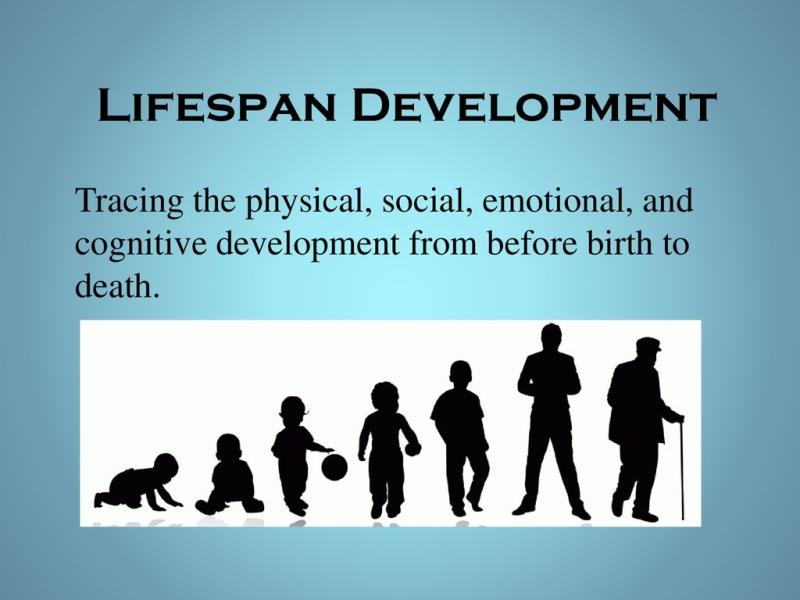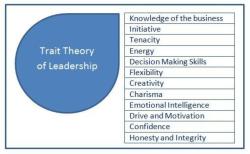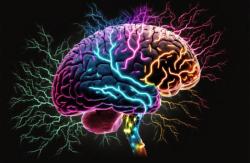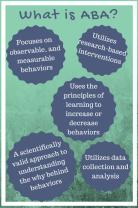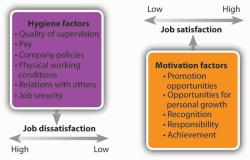Is lifespan development the same as developmental psychology?
Lifespan development and developmental psychology are related but not identical concepts.
Lifespan Development:
- Definition: Lifespan development refers to the study of human development across the entire lifespan, from conception to death. It encompasses physical, cognitive, emotional, and social changes that occur throughout a person's life.
- Scope: It explores how individuals develop and change in various domains, including biological, psychological, and social aspects, considering influences from genetics, environment, culture, and experiences.
- Focus: Lifespan development looks at the continuity and change in behavior and experiences as people grow, mature, and age. It encompasses theories, research, and interventions aimed at understanding and promoting healthy development at all stages of life.
Developmental Psychology:
- Definition: Developmental psychology is a specific field within psychology that focuses on the psychological changes individuals undergo from infancy through adolescence and adulthood.
- Scope: It primarily concentrates on understanding the cognitive, emotional, and social development that occurs during these formative years.
- Focus: Developmental psychologists study various aspects such as language acquisition, moral development, identity formation, and social relationships during different stages of life. They explore how individuals develop and how experiences shape their behaviors and mental processes.
Relationship:
- Lifespan development is a broader, interdisciplinary field that encompasses various disciplines, including psychology, sociology, biology, and anthropology.
- Developmental psychology is a subfield within psychology that specifically focuses on understanding psychological changes during different developmental stages.
In essence, while developmental psychology is a crucial part of the broader study of lifespan development, the latter encompasses a wider scope, examining development across all stages of life and integrating various disciplines to understand the multifaceted nature of human growth and change.
Is there a distinction between lifespan development and developmental psychology?
Yes, there is a subtle distinction between lifespan development and developmental psychology. Lifespan development is a broader term that encompasses the study of how humans change and grow from conception to death. It examines physical, cognitive, social, emotional, and personality development across the lifespan.
Developmental psychology, on the other hand, is a more specific field within psychology that focuses on the study of how children and adolescents develop. It typically focuses on the stages of development from infancy to adolescence, exploring the physical, cognitive, social, emotional, and personality changes that occur during these periods.
How does lifespan development differ from the field of developmental psychology?
The main difference between lifespan development and developmental psychology lies in their scope and focus. Lifespan development takes a holistic approach, examining changes across the entire lifespan, from prenatal development to old age. It considers the interplay of biological, psychological, social, and cultural factors that influence human development throughout life.
Developmental psychology, on the other hand, primarily focuses on the development of children and adolescents, exploring the specific stages of growth and the factors that contribute to their development. It delves into the intricate processes of physical, cognitive, social, emotional, and personality development during these formative years.
Can you clarify the relationship between lifespan development and developmental psychology?
Lifespan development and developmental psychology are closely intertwined, with developmental psychology serving as a foundation for lifespan development. While developmental psychology focuses on the early stages of life, lifespan development builds upon this knowledge to examine the continuous and complex processes of change across the entire lifespan.
Lifespan development considers the insights gained from developmental psychology and extends them to explore the developmental trajectories of individuals throughout adulthood, old age, and even into their final years. It examines the factors that contribute to healthy aging, cognitive decline, and the maintenance of well-being across the lifespan.
In essence, lifespan development provides a broader perspective on human development, encompassing the full spectrum of life, while developmental psychology offers a more in-depth understanding of the specific stages of development during childhood and adolescence. Together, these fields provide a comprehensive framework for understanding the lifelong journey of human growth and change.
